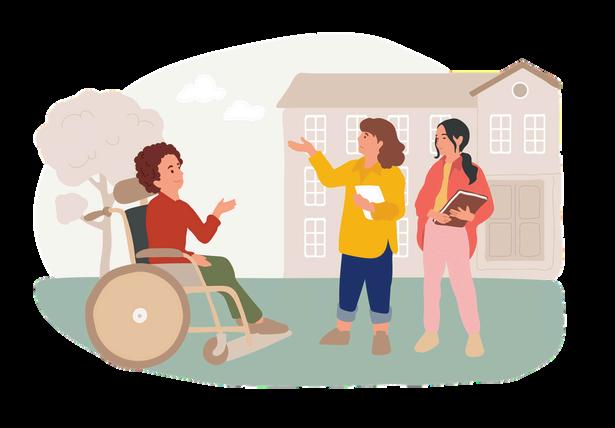
A practical foundation to achieve a ‘triple win’ for health, equity and environmental sustainability in education
Invest in health, harvest success
The ‘triple win‘ approach aims to generate simultaneous benefits for health, equity, and the environment The Health Promoting Schools framework provides a practical pathway by creating healthier physical and social environments and embedding these priorities in school practices and policies In doing so, schools can boost student wellbeing, narrow health gaps, and foster sustainable habits
The triple win approach in practice
Experiences from Schools4Health

Spain
The Spanish Snack & Chill initiative reframed healthy eating for adolescents by making it fun and social. Focusing on disadvantaged schools ensured support for students most at risk Using local fruit and vegetables reduced transport emissions and supported regional food systems, showing how healthier diets can also create environmental and equity gains

Hungary
In Hungary, Taste Lessons and Snack & Chill showed how nutrition education can have multiple ripple effects. Students learned to prepare snacks, and gained entrepreneurial skills selling them Seasonal, local produce and waste reduction practices further cut environmental impact Offering snacks at low or no cost made them accessible for children from disadvantaged families


Romania & Greece
Romanian and Greek schools piloted the LifeSkills practice to support children’s social-emotional skills. Accessible to all students, these activities support inclusion and help improve classroom relationships Embedding Lifeskills in curricula can help students develop competences to improve the school social environment and work better together to potentially address health, equity, and environmental issues
By embedding healthy nutrition, physical activity, emotional wellbeing and environmental responsibility into daily routines, health promoting schools give all students, regardless of their background, the skills they need for a healthy, sustainable life. This ‘triple win’ approach supports health, equity, and climate goals — empowering students as change-makers and benefitting wider communities.
